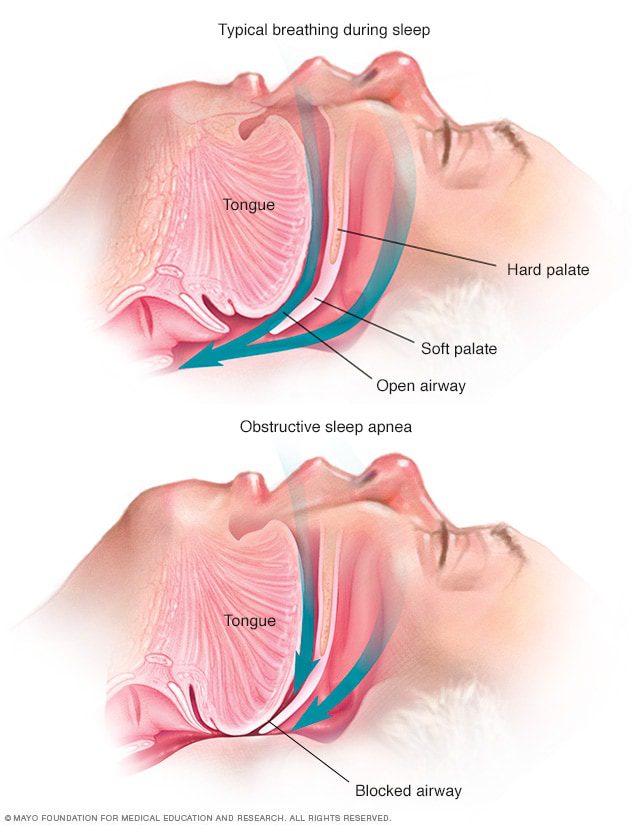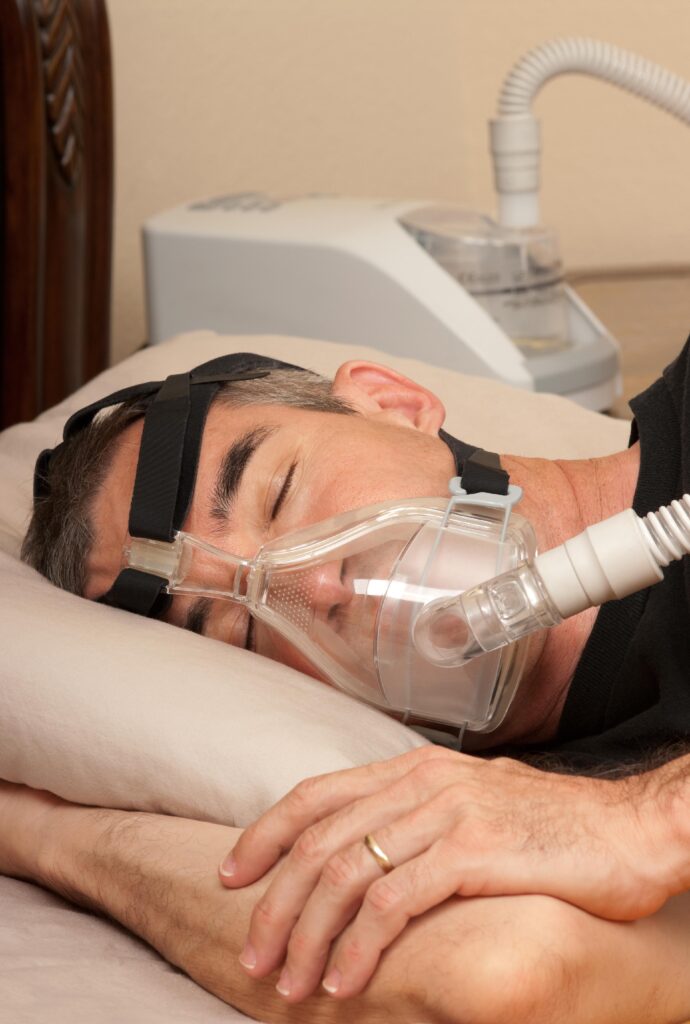- Our Services
The stomach is divided into a small upper pouch and a much larger lower “remnant” pouch.
We offer both individual therapy and psychotherapy programs focused on transforming eating habits.
This is a rejuvenating and cleansing method of the entire bowel system. (oral administration)
Explore tailored surgical aftercare packages that support recovery and ensure lasting results after your procedure.
- About Us
- BMI Calculator
- Testimonials
- Our Community
- Contact Us
- Our Services
The stomach is divided into a small upper pouch and a much larger lower “remnant” pouch.
We offer both individual therapy and psychotherapy programs focused on transforming eating habits.
This is a rejuvenating and cleansing method of the entire bowel system. (oral administration)
Explore tailored surgical aftercare packages that support recovery and ensure lasting results after your procedure.
- About Us
- BMI Calculator
- Testimonials
- Our Community
- Contact Us
Obesity and Sleep Apnea: Exploring Weight Loss Solutions for Sleep Apnea in Kenya
At our weight loss center in Kenya, we're committed to breaking the link between obesity and obstructive sleep apnea (OSA).
Our clients frequently experience significant improvements in sleep quality and overall health following weight loss interventions.
Excess weight, especially around the neck, can significantly impact breathing during sleep, leading to OSA.
This condition disrupts sleep and reduces oxygen levels in the body. Given that a vast majority of individuals with OSA are overweight or obese, addressing weight issues is critical in managing and potentially curing sleep apnea.
Dealing with sleep apnea can become more difficult with additional weight due to;
Dealing with sleep apnea can become more difficult with additional weight due to;



Sleepiness and Fatigue
OSA can cause severe tiredness, making it challenging to stay active, which in turn leads to further weight gain.

Increased Appetite
Poor sleep quality can trigger increased appetite, contributing to additional weight gain.

The Vicious Cycle
This cycle of weight gain and worsened sleep apnea symptoms exacerbates both conditions, making them harder to control.



We strive for the highest level of quality and care
Breakthrough with Weight Loss Procedures: Our center offers a variety of weight loss solutions, from surgical options like bariatric surgery to non-surgical treatments such as the gastric balloon. These interventions have proven effective in reducing weight and significantly improving sleep apnea symptoms.
“I struggled from uncontrolled type 2 diabetes, and spent a fortune on medication. Within six months post-gastric bypass, not only did I lose 40kgs, but my blood sugar levels normalized, and I am now in diabetes remission!"



















Begin your Journey to health
Our Services
Sleep Apnea & Obesity FAQs
How does weight loss affect sleep apnea?
Weight loss significantly improves obstructive sleep apnea (OSA) by reducing pressure on the airway, which decreases sleep apnea episodes, enhances sleep quality, and lowers health risks associated with OSA.
What weight loss options are available for those with sleep apnea?
Our center provides both surgical (e.g., bariatric surgery) and non-surgical (e.g., gastric balloon) weight loss treatments, customized to each individual’s health needs, to effectively improve or resolve sleep apnea symptoms.
Can losing weight completely cure sleep apnea?
Significant weight loss can dramatically improve or even cure sleep apnea in many cases, particularly where obesity is the main cause. Outcomes vary by individual and depend on maintaining a healthy lifestyle after treatment.


© Copyright 2025 by Nairobi Bariatric Center All Right Reserved.







